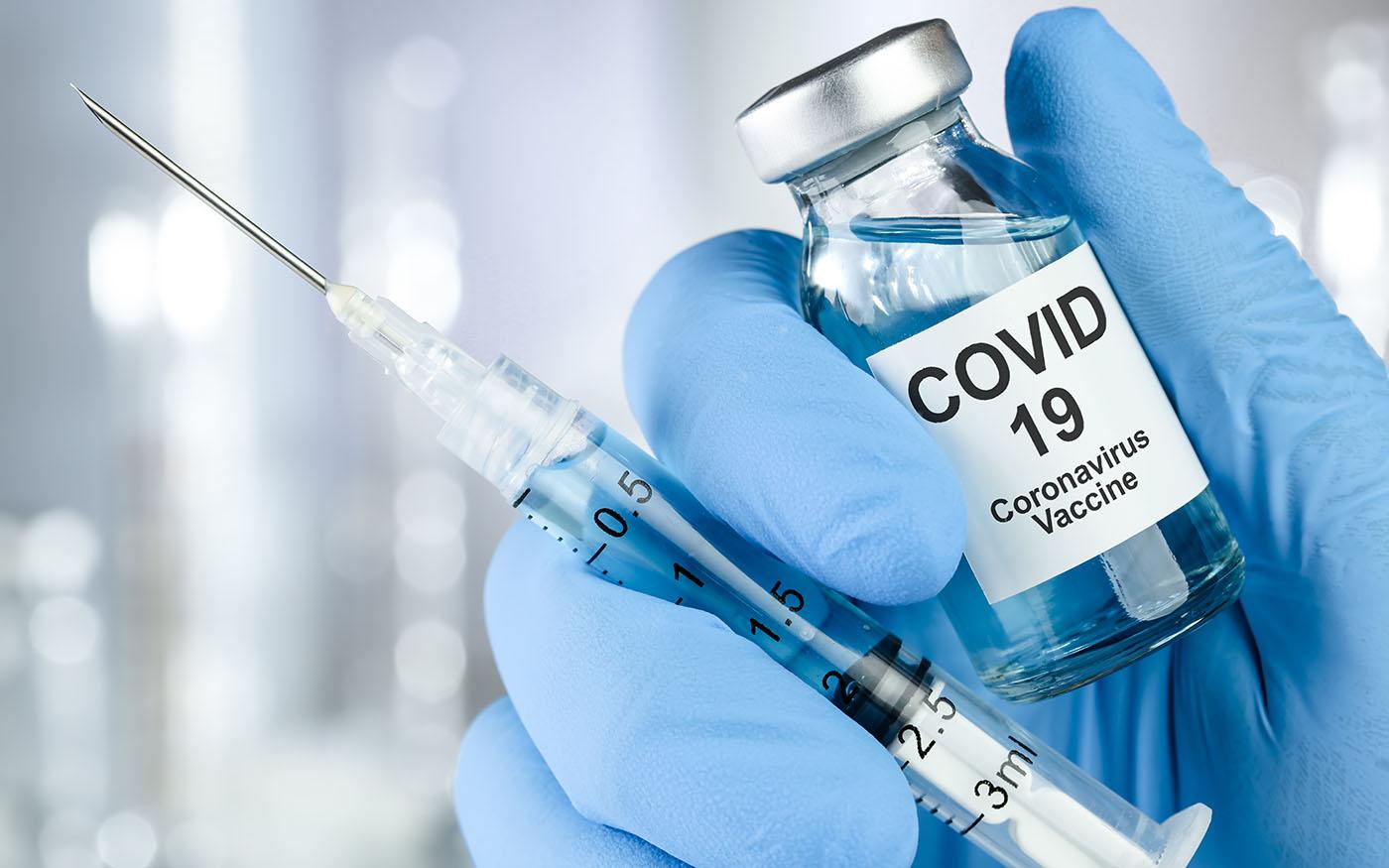Nineteen mass vaccination campaigns are being implemented in July
Administered COVID-19 doses rose by 74% in June 2022 compared to the previous month after a sustained three-month decrease between March and May. This is due to mass COVID-19 vaccination campaigns in 16 countries in June. Nineteen mass vaccination campaigns are being implemented in July.
The dramatic rise in vaccines doses administered has pushed six countries beyond the critical benchmark of having more than 10% of their total population completing their primary series of vaccine doses. This has reduced the number of countries in the below 10% category from 14 to eight. Among countries that stepped-up vaccination campaigns in June are Tanzania where vaccination coverage for a completed primary series rose from 1.8 to 15.8% while South Sudan rose from 2% to 11%.
As of 10 July 2022, 282 million people on the continent had completed their primary series, representing 21.1% of Africa’s population. This is an increase in vaccinations by 10% since the beginning of the year. More than 892 million vaccines have been delivered to Africa, 64% of which are from the COVAX Facility.
This uptick in vaccination coverage shows that African countries remain committed to COVID-19 vaccination
“This uptick in vaccination coverage shows that African countries remain committed to COVID-19 vaccination,” said Dr Matshidiso Moeti, World Health Organization (WHO) Regional Director for Africa. “This is encouraging because vaccination remains the most effective tool in our response to COVID-19 on the continent.”
Several countries that struggled to get their COVID-19 vaccination responses off the ground in 2021 have made notable progress in scaling up coverage for their primary series in the last six months. Coverage in Ethiopia jumped from 3.5% to 33%, Cote d’Ivoire, from 9% to 25.8%, Zambia, from 3.5% to 25.2%, and Uganda, from 4.4% to 25.5%.
WHO is providing technical support to countries to implement mass vaccination campaigns or to conduct routine immunization activities more frequently in the next six months, targeting high-priority groups, including health workers, people older than 60 years and people with co-morbidities. It is working closely with countries to review lessons learnt, including sustainability of different mass vaccination campaign strategies deployed by countries to improve coverage over the past two months.
COVID-19 vaccination in Africa remains focused on adults older than 18 years; only 7% of doses administered in 23 countries were given to children and adolescents younger than 18. The median coverage among adults older than 18 years who have completed their primary series is 34%.
“Across the continent, there are ongoing efforts for the integration of the COVID-19 vaccination into primary health care services,” said Dr Moeti. “Primary health care facilities currently function as one-stop shops for a range of health services. We are building on the experience garnered to ensure an all-inclusive primary health care approach is implemented for COVID-19 vaccination.”







OTHER ARTICLES
Editorial — Prevent, inform, and act for women’s health in Africa
Kenya : Government Prioritises Maternal Health and Strengthens Support for Community Health Promoters
Strengthening pandemic prevention, preparedness, and response capacities in Senegal using the “One Health” approach